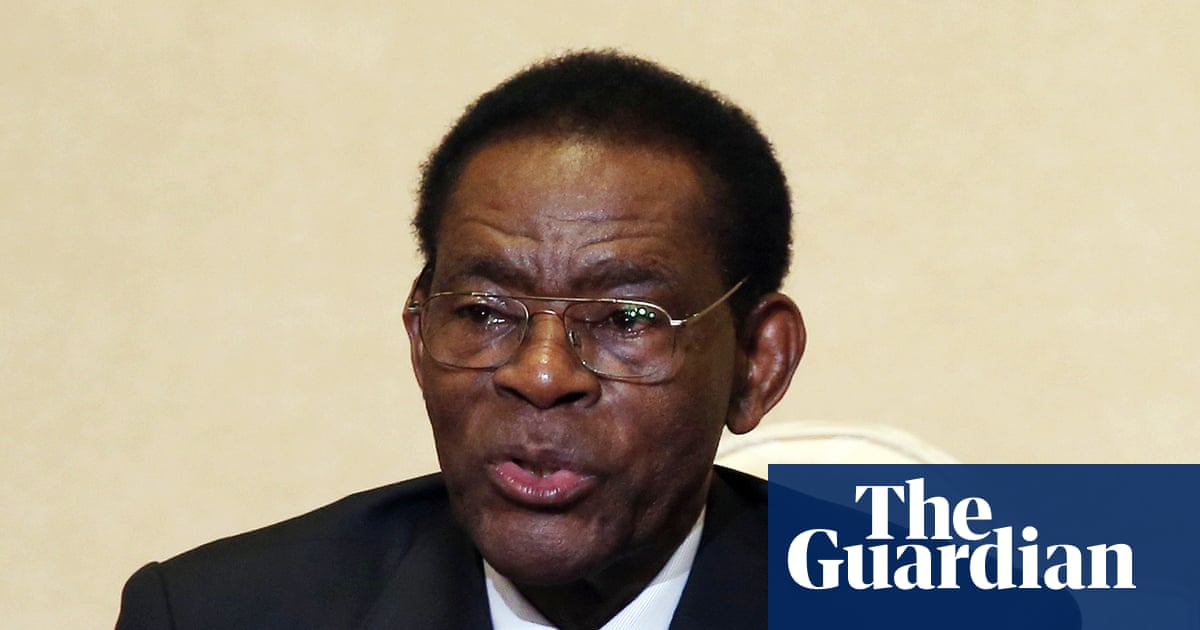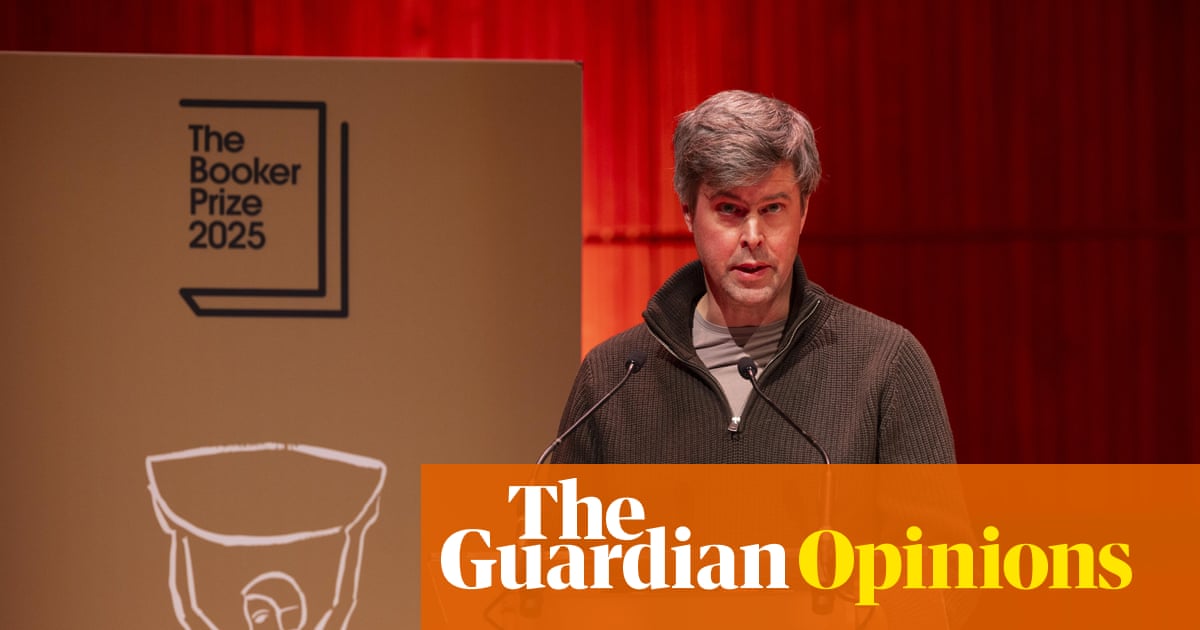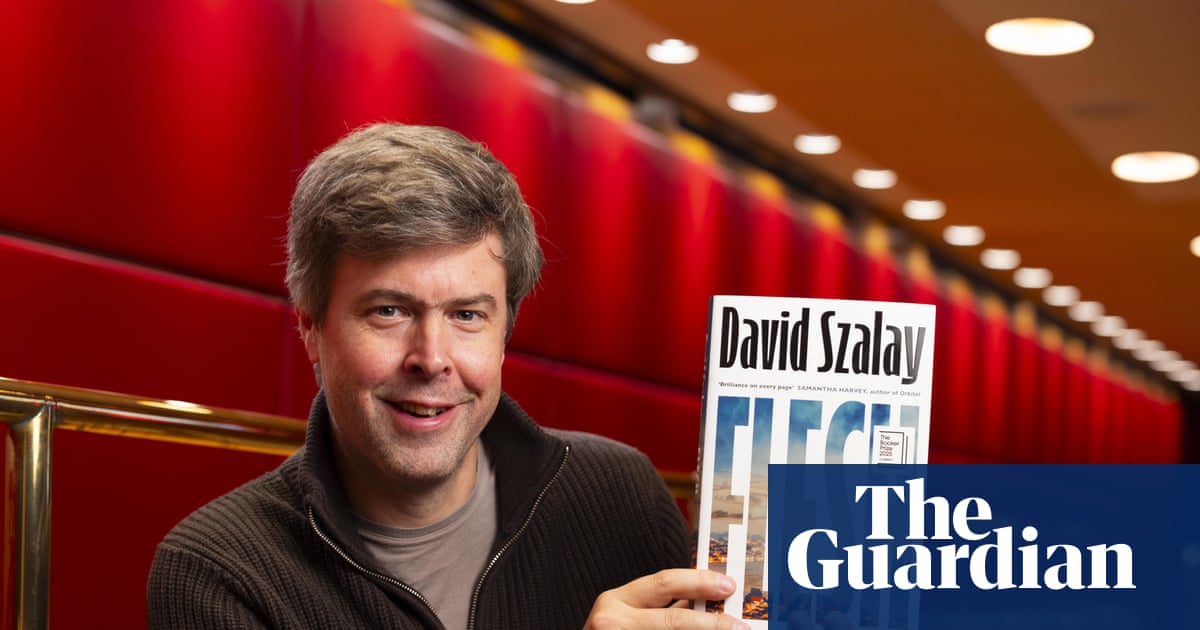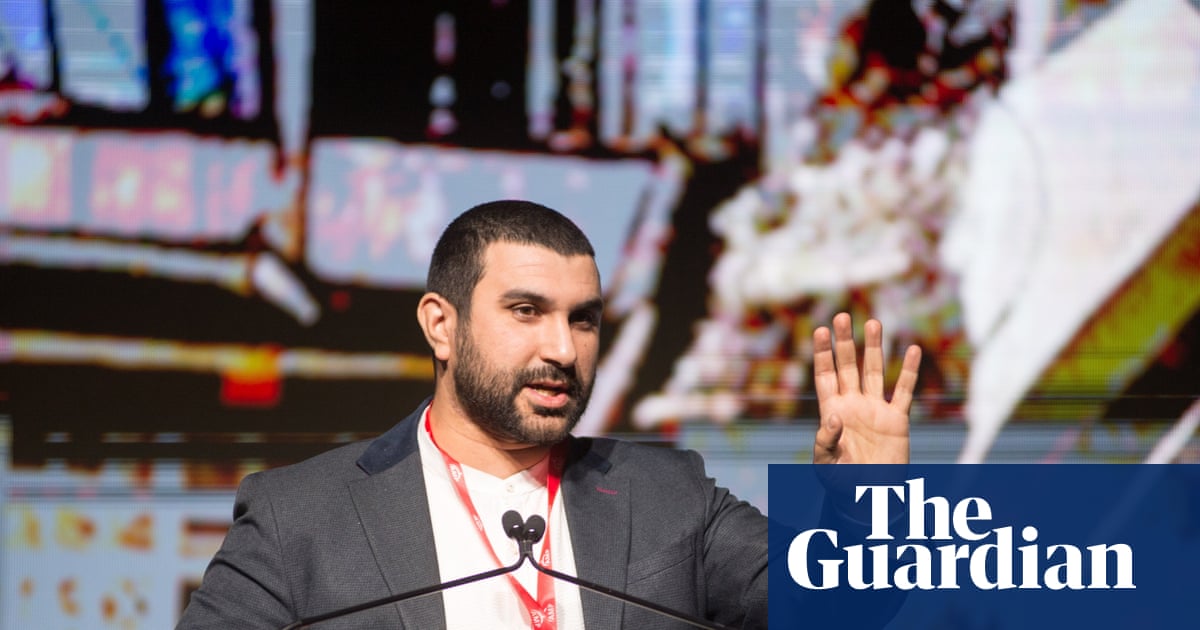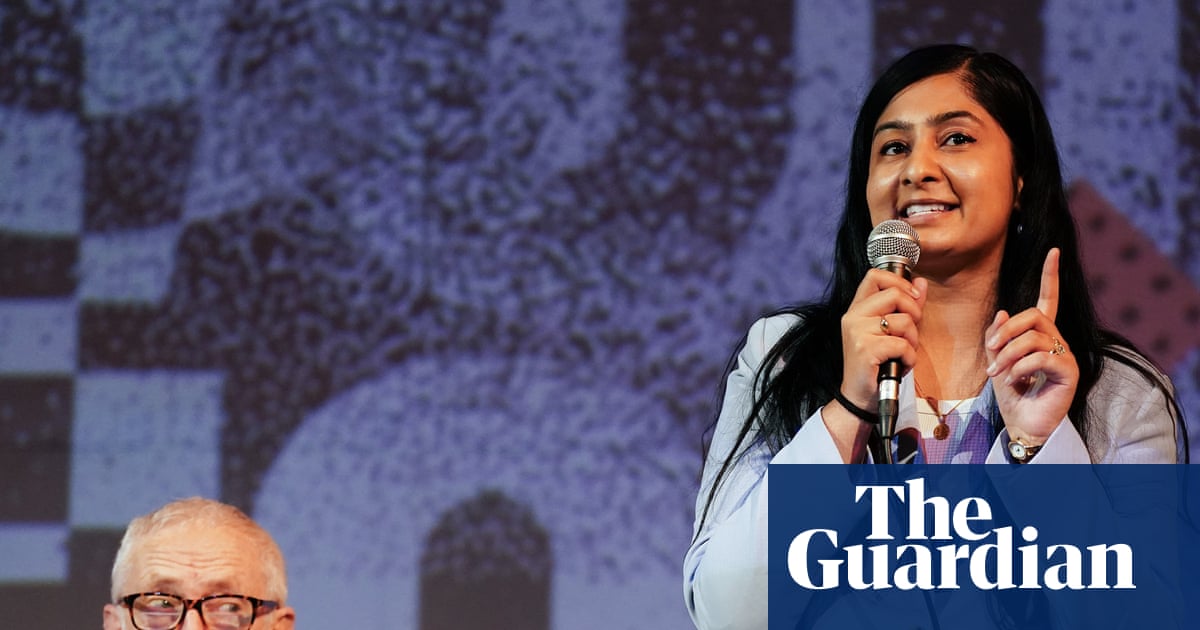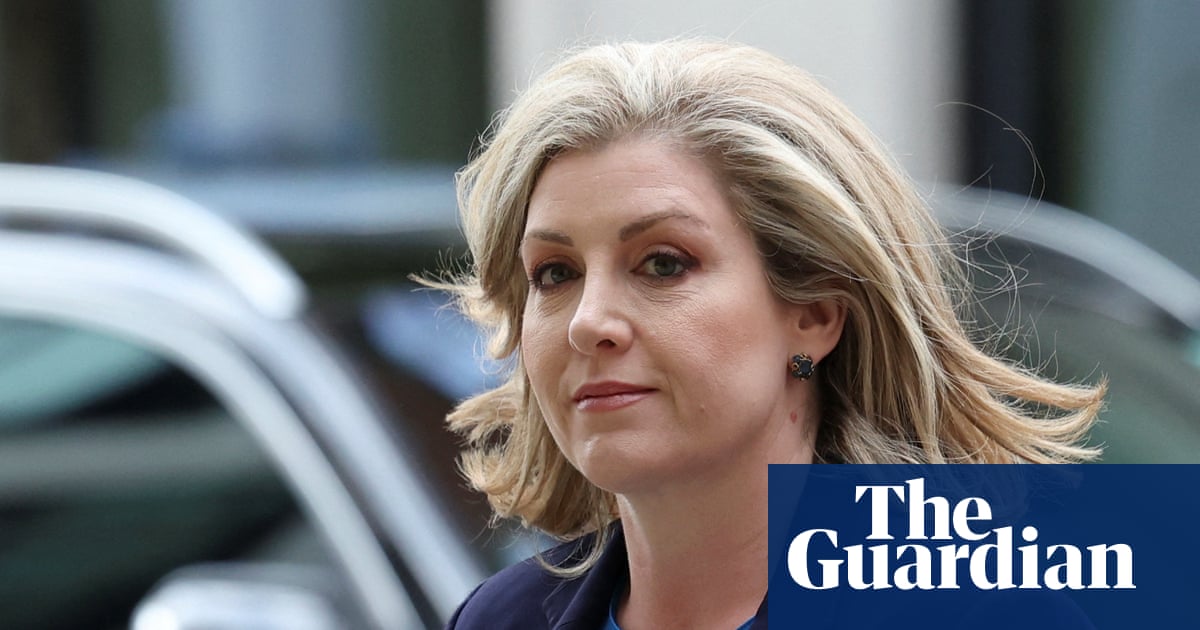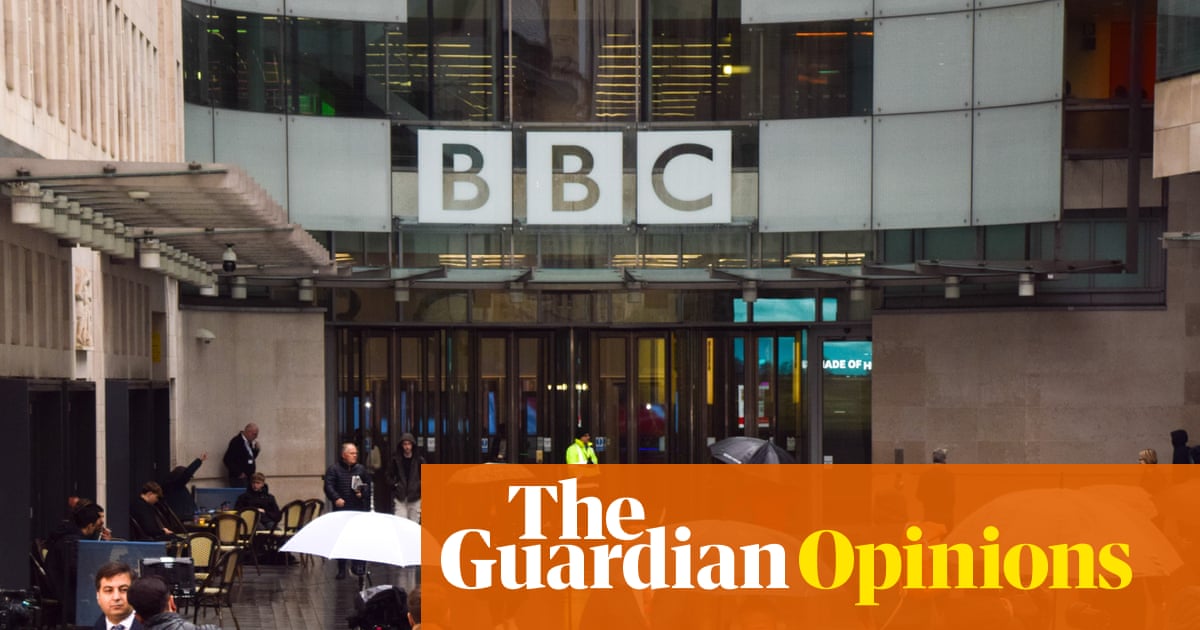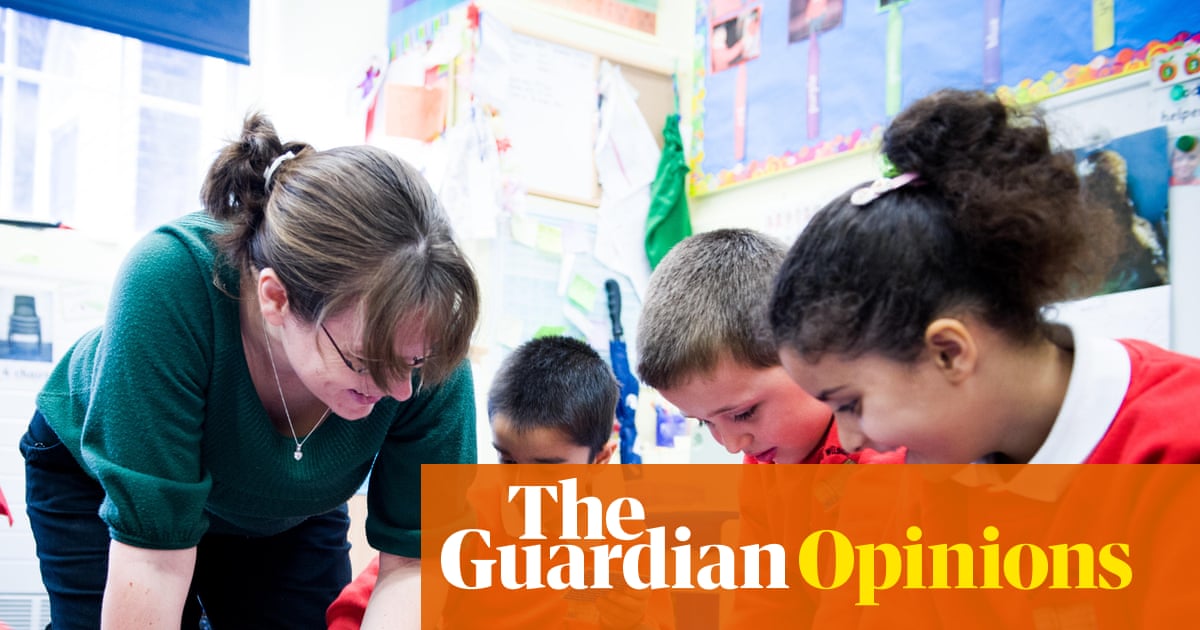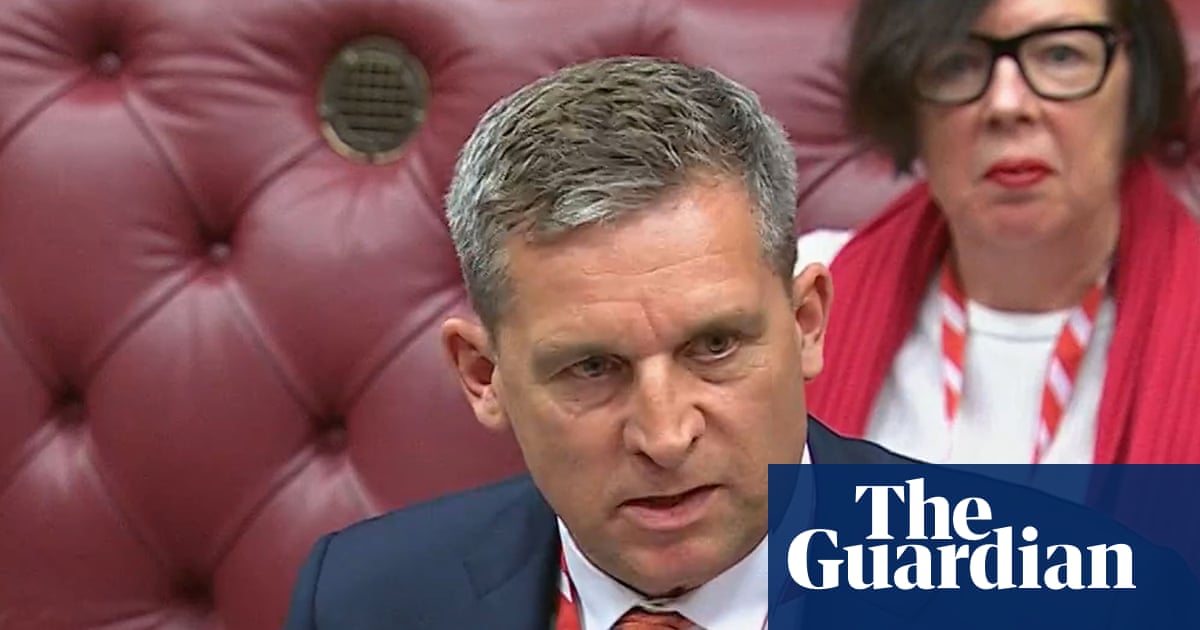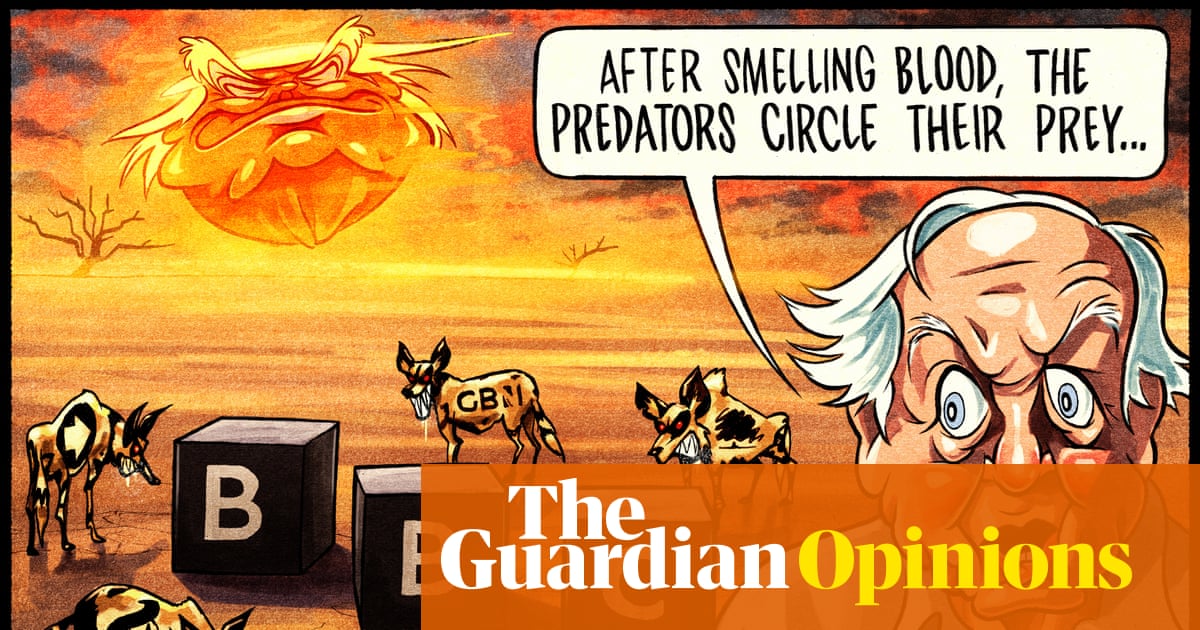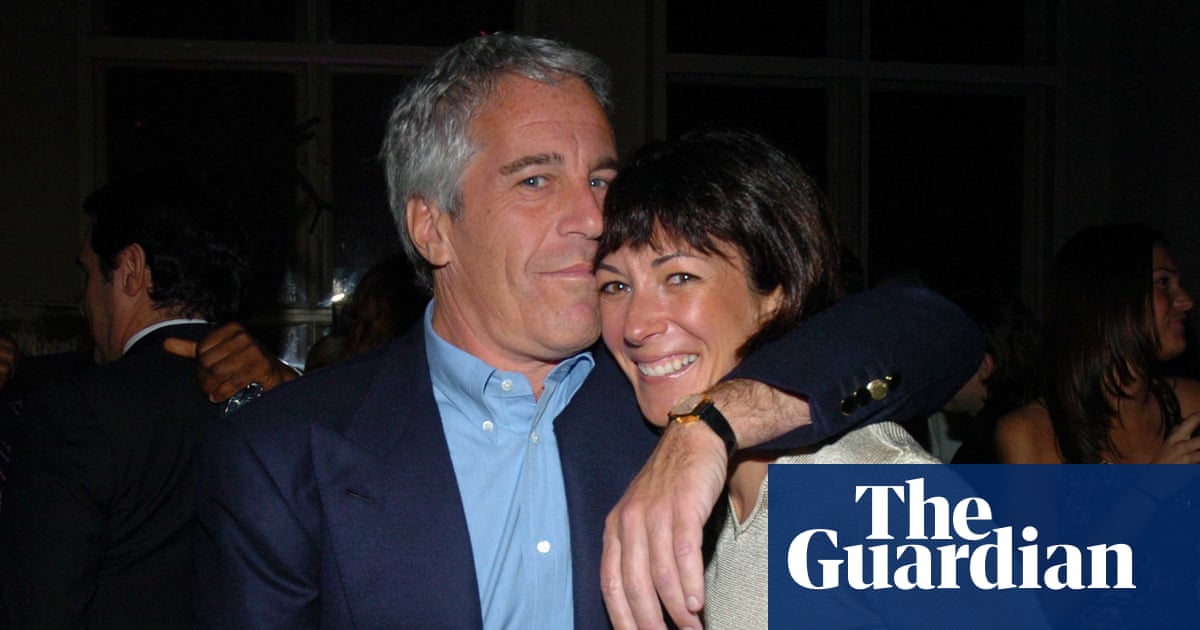This week the Trump administration linked paracetamol use in pregnancy to autism (Trump attacks Tylenol as officials unveil highly contentious conclusions on autism, 22 September). We support the position of leading autism organisations – Ambitious about Autism, Autism Alliance, Autistica and the National Autistic Society – which have rightly highlighted that the evidence for such a link is extremely weak, based on poorly conducted studies, and contradicted by high-quality research.
But beyond the question of evidence, we are deeply concerned by the language used. When powerful figures describe autism as a tragedy or something to fear, it reinforces damaging stereotypes. It risks making autistic people feel that their existence is a problem, rather than recognising them as valued members of our communities who bring talent, perspective and diversity.
As a charity that supports disabled people with complex needs, including many autistic people, Sense believes it is vital that leaders, organisations and the media speak responsibly. Words matter. They shape attitudes, influence policy and can either open doors to inclusion or build barriers of stigma and exclusion.
Autistic people and their families deserve respect and acceptance – not blame or shame. We call on those in positions of influence to choose their words carefully.
James Watson-O’Neill
Chief executive, Sense
Autism is not “a condition denoting communication and social difficulties, along with repetitive behaviours”, as your article says – it is a condition that covers an incredibly wide spectrum, which includes feeling things and reacting differently to them compared with non-autistic people.
Autistic people may find socialising tiring, they may become overwhelmed in loud or busy places, they may have intense interests, they may prefer order and routine. And they may not.
I have an autistic child and she is sociable, bright, academically able and empathetic – she doesn’t have communication or social difficulties and no sign of repetitive behaviours.
Pigeonholing autistic people is deeply damaging, reducing complex human beings with unique talents and diverse perspectives to narrow stereotypes that distort how they are perceived and understood.
Name and address supplied

 1 month ago
48
1 month ago
48
